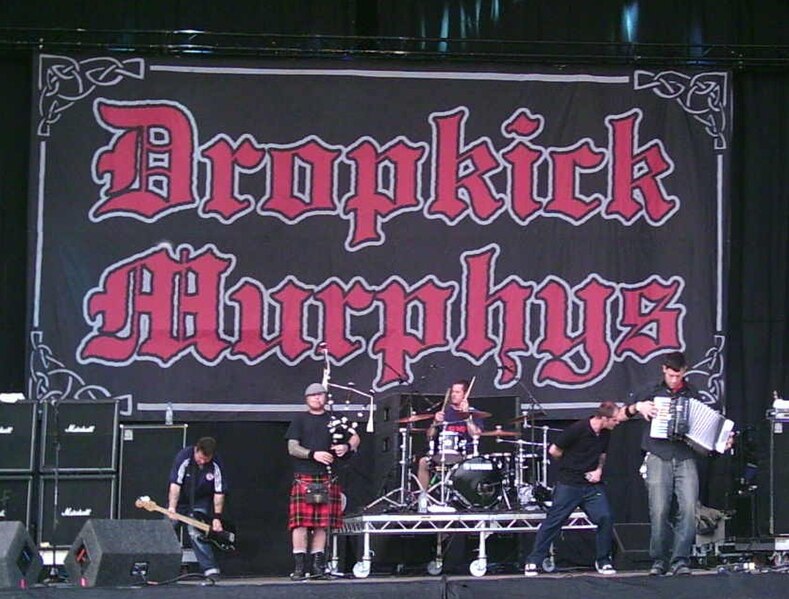Not every change at Guilford is as obvious as the newly missing members of the stick sculpture in the quad. Recent adjustments to the curriculum of the Honors Program at Guilford College have strengthened the program in hopes of preventing a collapse.
According to Director of the Honors Program and Associate Professor of English Heather Hayton, the Honors Program at Guilford “needed to be revitalized.”
“(The old Honors Program) was very self-motivated,” said junior Chad Norton in an email interview. “You had to make sure you were on pace to graduate from the program, and many students dropped out of the program.”
In an effort to increase engagement in the Honors Program, Assistant Professor of Physics Don Smith began the process of updating the program during his term as program director. Hayton replaced Smith as program director this fall.
One of the most significant changes for current students is that there is no longer a Guilford Honors Scholarship. The previous scholarship of $1,250 per year for program participants has been changed to a one-time monetary award of up to $1,000.
With Guilford tuition hovering just above the $30,000 line, losing this award could be quite a blow to some students.
“(The scholarship) was a huge part of my decision to apply for the program,” said Norton. “I don’t think that I would have applied without it.”
For first-year Katie Fullerton, however, the monetary award is secondary to the other benefits of the program.
“It didn’t influence me at all,” said Fullerton in an email interview. “I didn’t even know there was a monetary award until I got involved. I was just interested in the concept of working with other people with high academic standards, so the academic benefits that stem from that were simply extra.”
Hayton clarified that the new award system is a way to incentivize academic achievement. Under the old system, students would enter the Honors Program for the scholarship, but many never completed the program.
The new award structure encourages program participants to be academic leaders on campus and to stay in the program. Students can use the funds to cover academic costs such as graduate school application fees, attending academic conferences, or funding research projects such as the required Honors thesis.
“The goal is for students to use that money to leverage their academic leadership into the next stage of life,” Hayton said.
Honors Program members earn these funds at a rate of $250 per year, up to a total of $1,000, by fulfilling the new program requirements. These requirements include attending monthly meetings and completing honors seminar classes in the first, junior and senior years. Sophomore participants are required to “contract” a course, transforming an existing class into an honors experience through deeper or additional study.
In addition, the Honors Program and the Department of Residence Life are in talks regarding creating a living and learning space on campus designated for Honors Program students.
Hayton emphasized the significance of a dedicated living space for the Honors Program both for current and prospective students.
“This is a best practice for honors programs around the country,” Hayton said during the meeting. “I hope it will happen here.”
One of the primary goals of the changes to the Honors Program is to increase engagement both by current Honors Program students and other community members.
“I would like to see a greater sense of community within the Honors Program and a more significant presence on campus,” said Fullerton.
“(The Honors Program) is a visible place for students to devote themselves to the life of the mind,” Hayton said.
Outside of the classroom, the Honors Program offers opportunities for additional academic and personal growth through visiting speakers, program get-togethers and the Honors Student Council.
Fullerton, a member of the Student Council, cites the extracurricular aspects of the Honors Program as an important facet of the program’s benefits for students.
“We want the revamped Honors Program to have a more significant positive influence on Guilford campus and on the students in the program,” Fullerton said. “This shouldn’t be just another set of hoops for students to jump through. We want to foster community within the Honors Program and we want to sponsor on-campus events that increase the program’s benefits for all Guilford students.”




